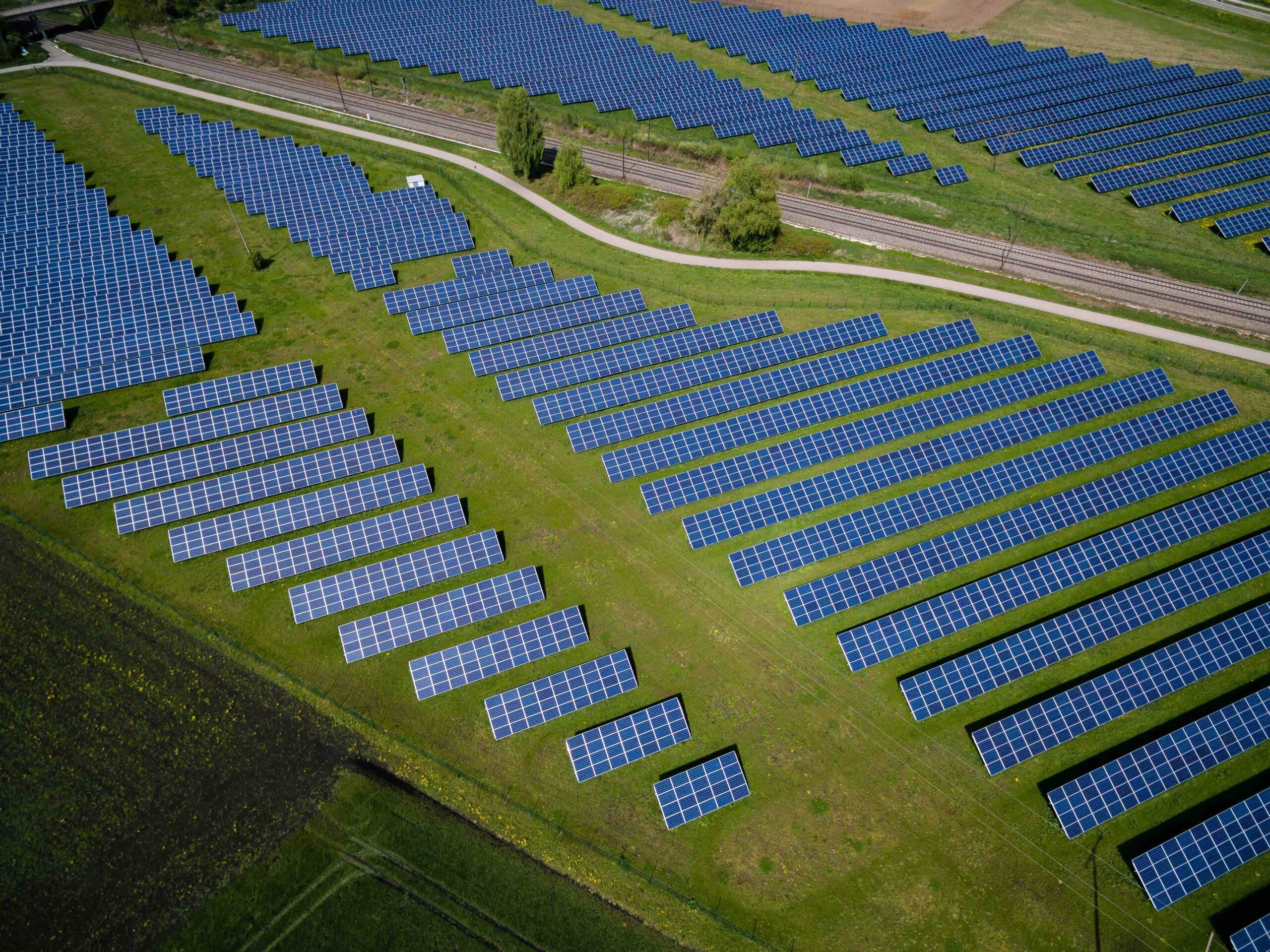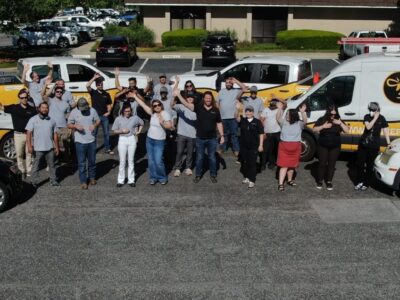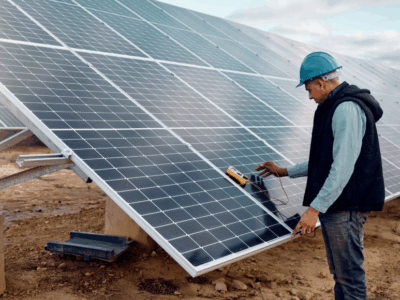(Bloomberg) —
The list of changes the world will have to make to get on track to hit net zero emissions by mid-century is long. But some challenges stand out as bigger than others.
This week BloombergNEF announced the three focus areas for its annual Pioneers awards for early-stage climate tech startups and opened applications. This year’s competition is aimed at startups working on reducing buildings’ carbon footprints, easing the bottleneck to getting clean energy on the grid ASAP and creating fuels that don’t fry the planet. You can think of them as the three Bs of climate change problem-solving: buildings, bottlenecks and better fuels. (Pioneers also includes a wildcard category for startups working on problems outside these areas.)
BNEF began the awards in 2010, and in many ways, this year’s categories reflect how much the climate tech ecosystem has evolved. Over the last decade, lowering the cost of generating clean energy was the name of the game. Solar and wind are now among the cheapest forms of power on the planet, and so today’s startups are expanding on that success. The fundamental questions they have to answer are how to get clean power on the grid as fast as possible, use it efficiently and create alternatives when wind and solar won’t fit the bill.
Read more: 12 Climate Tech Innovators Building a Net Zero World
Though climate-tech funding has dipped this year, a number of incentives have lined up that could help the startups. In the US, the Inflation Reduction Act contains tax credits for individuals to electrify their homes and companies creating low-emissions fuels and green hydrogen. The European Union is weighing permitting reform to get wind on the grid faster, while Canada is looking to speed up permitting for critical minerals that are needed for the clean-energy transition.
Here’s a quick look at what makes this an exciting moment for three categories in this year’s BNEF Pioneers search.
1. Relieving bottlenecks in the deployment of clean power
Tripling renewable capacity may well be the one thing the world agrees on at United Nations climate talks later this year.
The problem facing the coming explosion of renewables is how to get all that power on the grid — and smoothing peaks and troughs in generating it. BNEF estimates that energy storage will reach 411 gigawatts by 2030, a 15-fold increase from the present. But it could be slowed by supply chain constraints as well as permitting issues.
Read more: AI Weed-Killing Drones Are Coming for the Mega Farms
Regulatory reform alone won’t address the coming renewables crunch. Startups working on software that eases the flow of power on the grid and hardware that helps manage demand will play a vital role in ensuring the world’s power supply remains clean and stable.
2. Decarbonizing the construction and operation of buildings
Building emissions rose to a global all-time high in 2022. One way to reverse the trend is reducing “embodied carbon,” a measure of how much CO2 was emitted in creating building materials. Some startups are greening materials already in wide use, such as steel and concrete, while others are creating new materials or giving passed-over ones like timber a second look. This is even more important in emerging economies, where the majority of new construction is likely to take place in the coming decades, according to BNEF analyst Stephanie Diaz.
Retrofitting older buildings will be the central challenge for the US and EU. That could be improving the efficiency of heat pumps as well as streamlining their installation, or improving the software that manages building energy use, according to Diaz.
3. Creating the next generation of net-zero fuels
A growing number of regulations are popping up mandating the use of cleaner fuels or incentivizing their production. The EU aims to ensure 70% of all jet fuel used in the region is sustainable by mid-century, an increase from near zero today.
Startups are approaching production from a variety of angles, including turning waste products — frying oil or biomass — into fuels. This brings challenges, though, notably ensuring biomass comes from a waste source rather than competing for land and crops that could be used for food.
Read more: How to Sell a Power Generator No One Has Heard Of
The other option is creating synthetic fuels from other forms of waste, like CO2, but that also poses obstacles. The carbon removal industry is much too small to deliver enough CO2 to make fuels. It could help provide an important stream in the years to come, though, due to limited availability of other clean fuel feedstock like cooking oil, said Anastacia Davies, who leads BNEF’s global renewable fuels research.
Beyond producers, startups are working on improving the supply chain for feedstock, ensuring transparency and sustainability, and getting fuels to market.
Applications for the Pioneers competition are open through Oct. 27, 2023.
To contact the author of this story:
Brian Kahn in San Francisco at bkahn37@bloomberg.net
© 2023 Bloomberg L.P.





